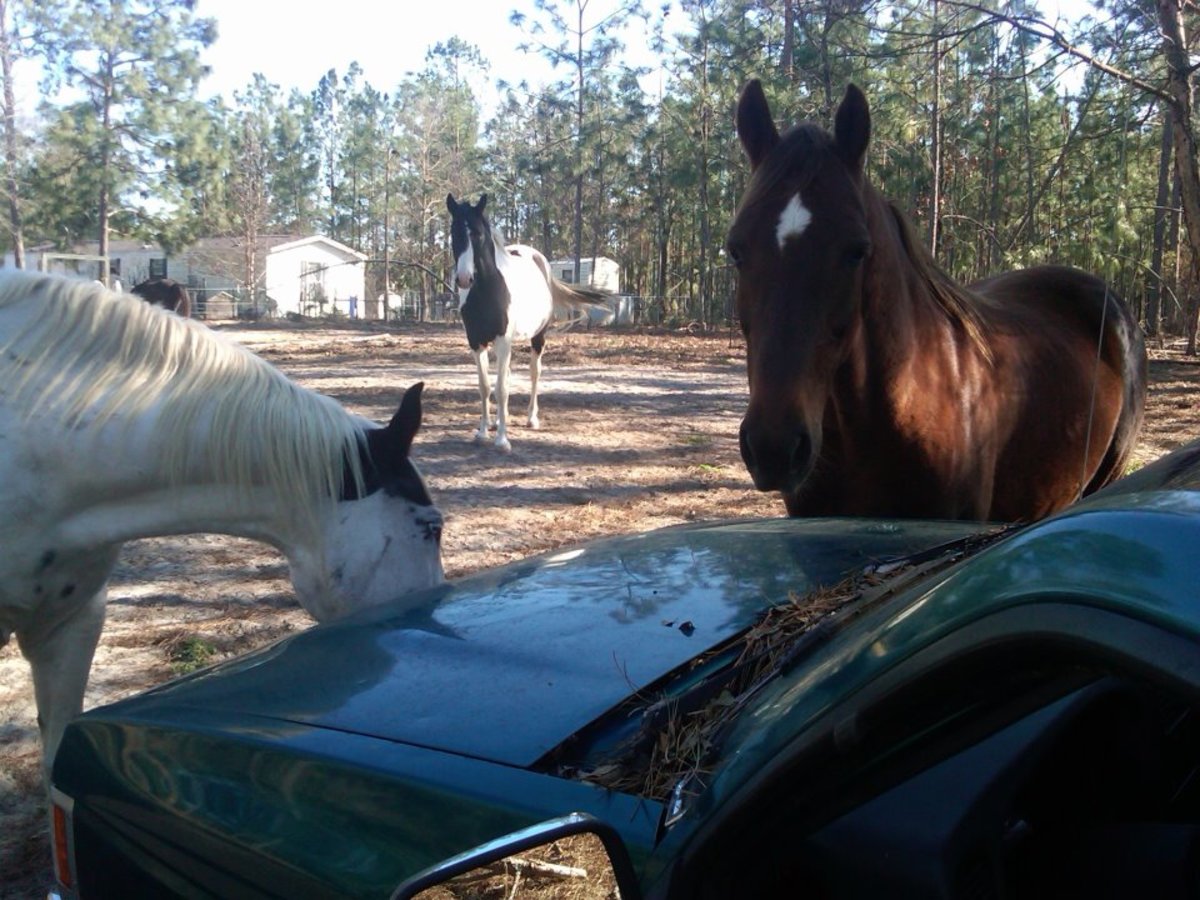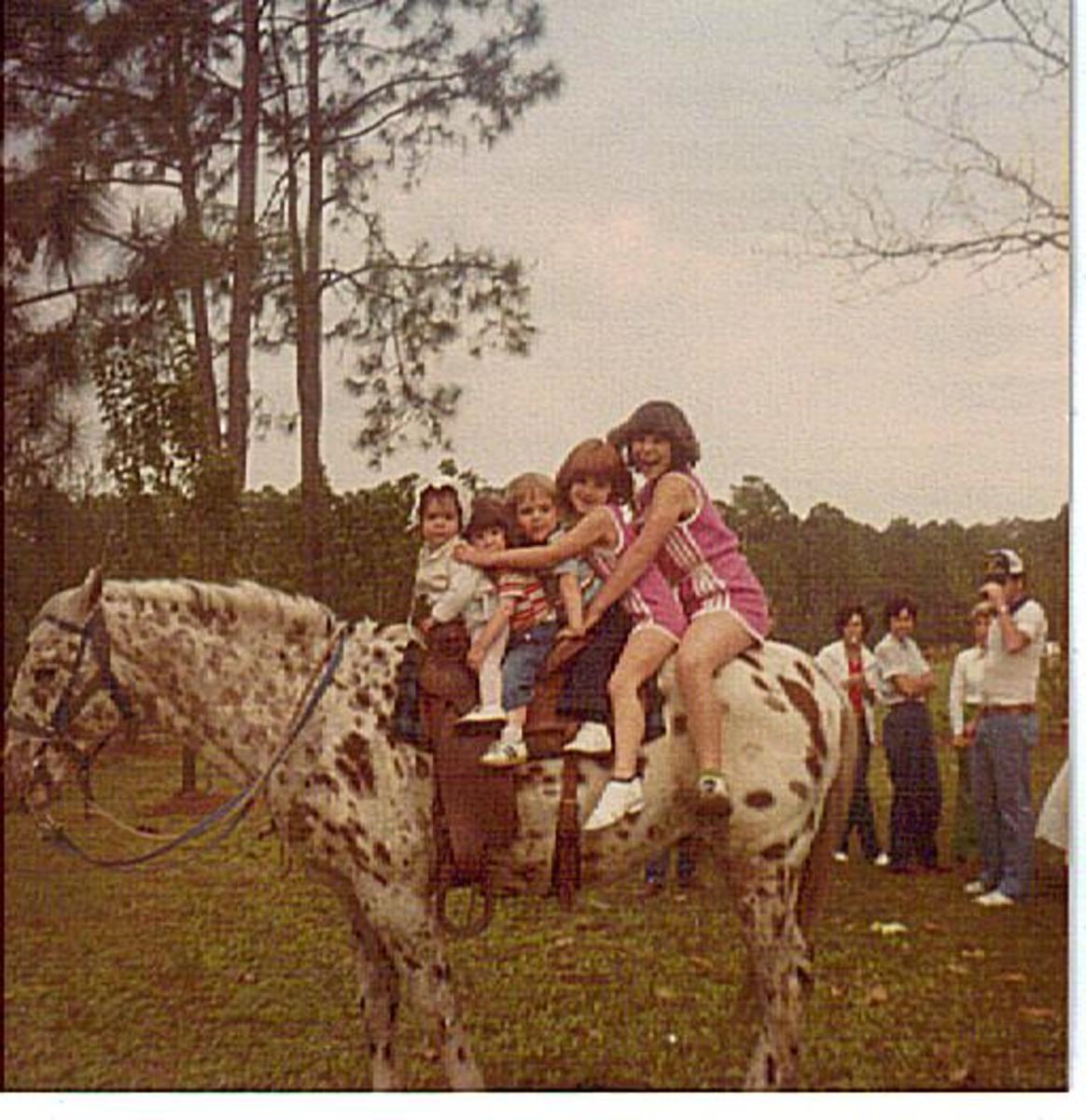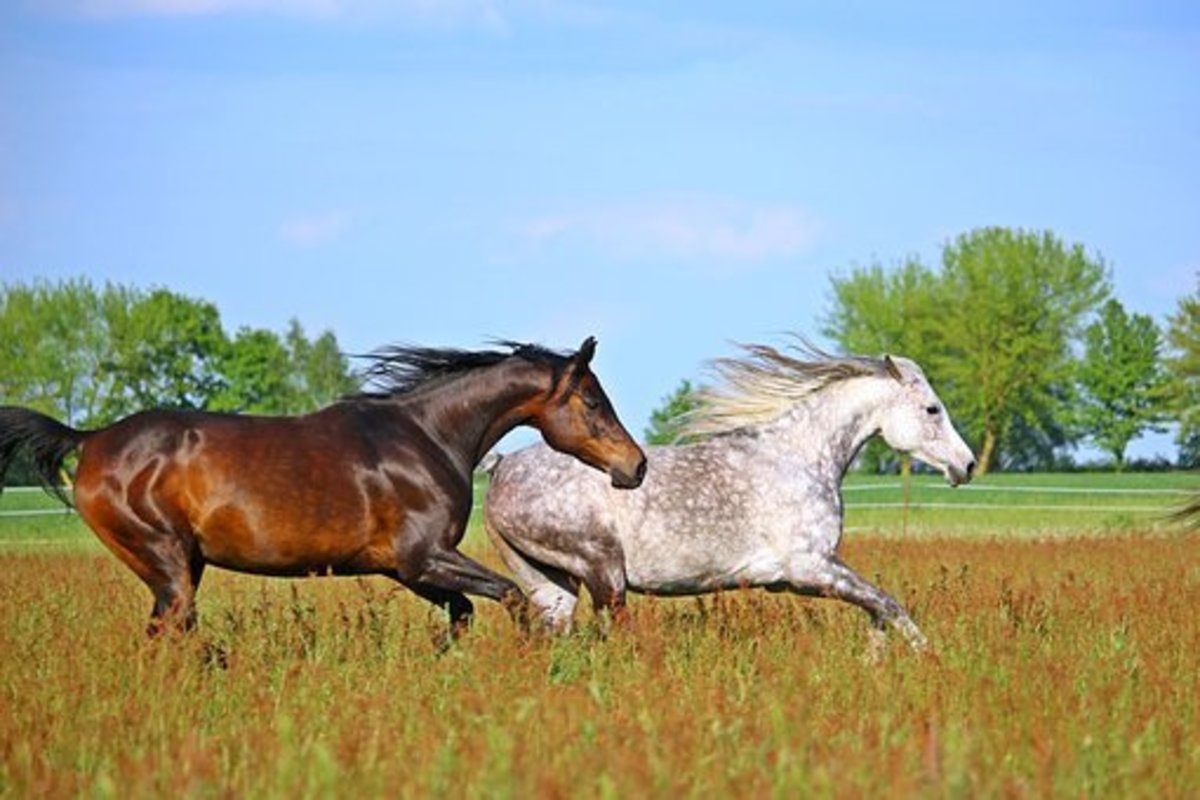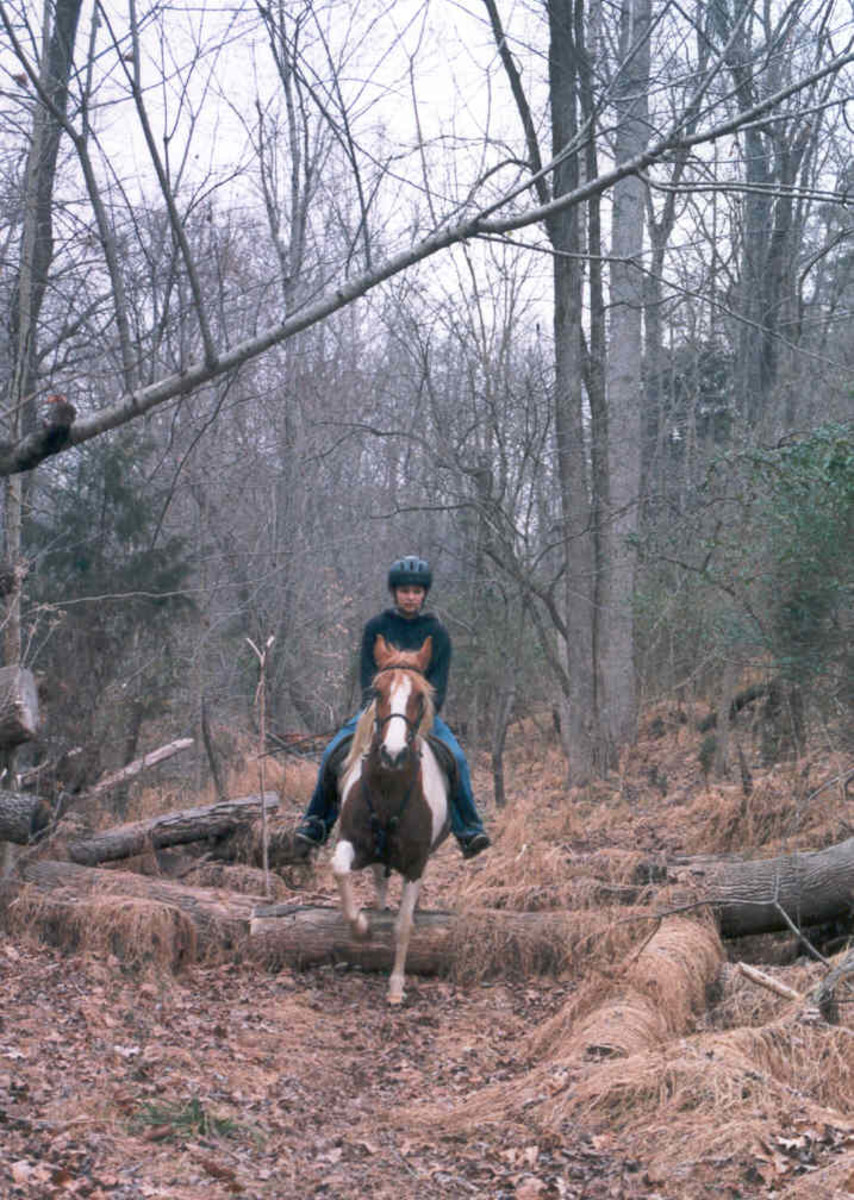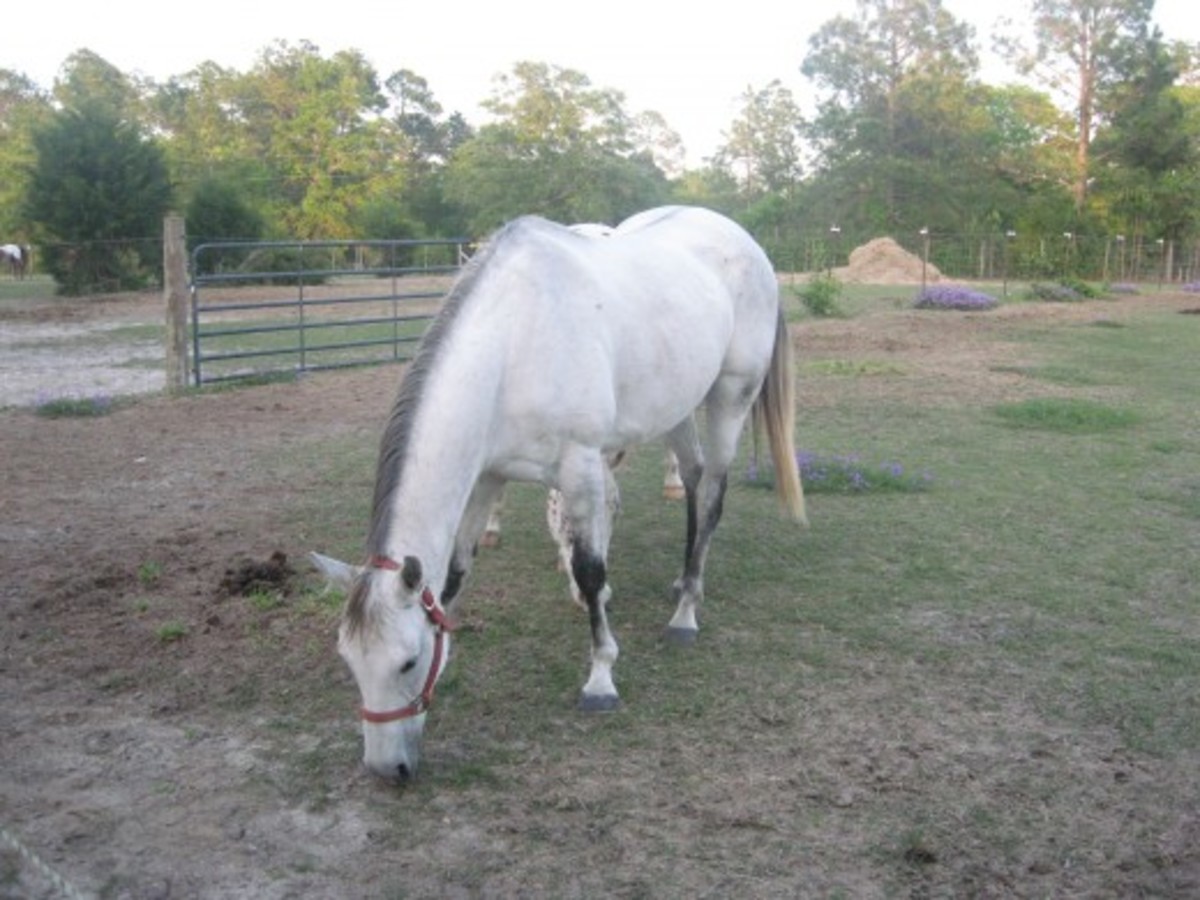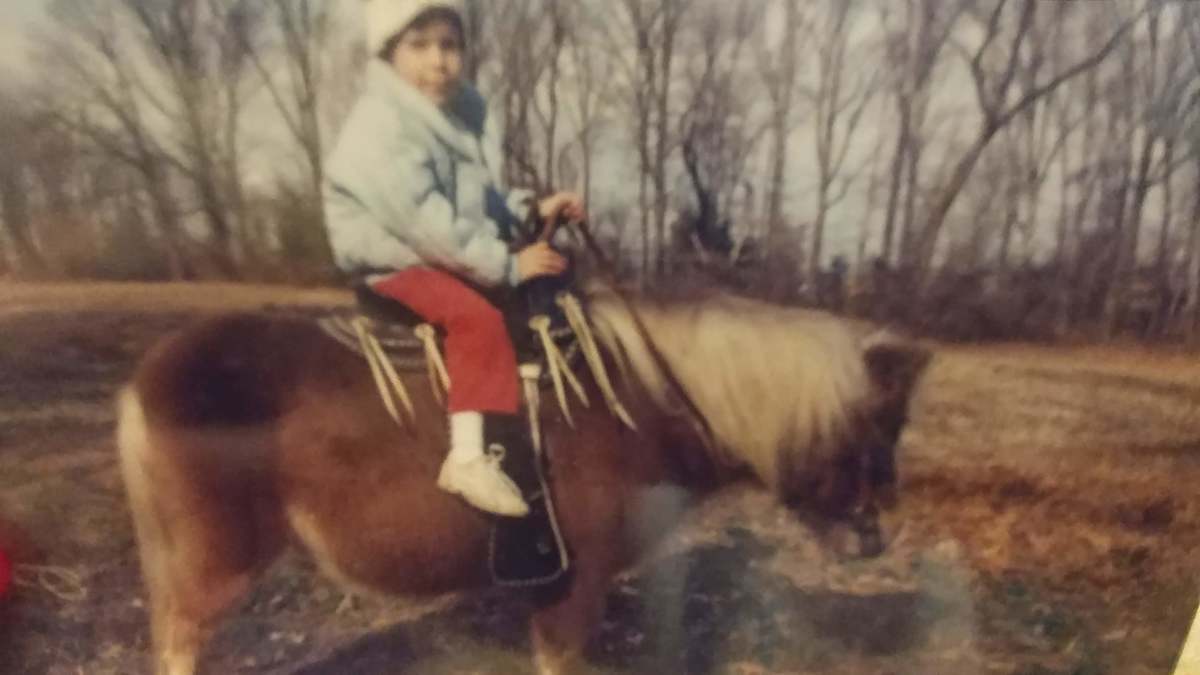Horse Ownership 101-Buying Your First Horse.
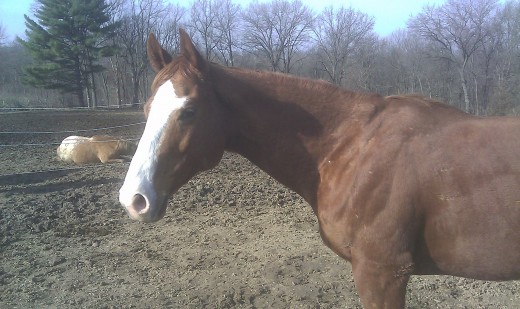
What Kind Of Horse Is Right For Me?
There are thousands of horses in this world that you can pick from, But picking the right horse for your needs is crucial. This is not something to take lightly you will have this investment (and family member) for at least the next 9-20 years. Here is some basic info on picking the right horse for you!
The first two questions you need to really ask yourself are
What is my experience level?
Beginner
Intermediate
Advanced
What do I want to do with this horse?
Trail ride
English jumping
English pleasure
Western pleasure
Cow work
Breed shows
Fun shows
Barrels and Poles
Once you have come up with answers to all of those questions then you can progress onto the next step in the process. That next step in understanding why each of those questions is so important.
What is your experience level?
This is important to think about because first of all a green horse and green rider is never a good thing. One of you has to know what is going on. That being said I would not recommend a high dollar finished show horse to a beginner rider either. Despite the fact that the horse has spent months if not years at a trainer and is far from green it has a lot of "buttons" that a beginner dose not know how to use. So we see that a green horse and green rider is not good and a well trained show horse is not a good idea for a beginner. So what kind of horse dose a beginner need? In my opinion someone just starting out with horses needs an older experienced, well ridden trail horse. My reasoning behind that is an older trail horse has a "been there done that" attitude. You want a horse that has been ridden frequently and put to the test on many different trails and put in different situations.
Now if you are an intermediate or advanced rider you can look for a little bit different kind of horse. A beginners horse as described above might end up getting boring to you as time goes on. If you consider yourself as an intermediate rider (in my experience this is usually year 3-4 of your riding career) You are probably looking for a horse that has been started with 60-90 days from a professional trainer. 4-6 years is usually a good age range to look for. You are looking for a horse that already has the basics down and started working towards their career. For the advanced rider (10+ years of riding) Your choices are pretty unlimited depending on your wants, comfort level, and budget.
What do you want to do with the horse?
The options on this are very open. There is many different equine sports and shows for you to participate in. The list above is only a very limited brief list. To get to the point of why this question is a important one to ask, Every horse is different and has different abilities. Pretty much any horse can do any equine sport at a very low basic level. If all you want to do is trail ride you choice of horses is only limited by things as your experience level and budget. Same goes for if you want to do english or western pleasure every once in a while at a local fun show. You many not place well in western pleasure with a high headed arabian, but you can still do it. That is just an example but it should give you the basic idea of why I say this is a question worth asking yourself. You really need to think long and hard on what you want to do now and years down the road with your future horse. Also keep in mind the level in which you want to do it at.
Horse Breed Basics
So really what is the difference in all the different breeds??
There is many different breeds of horses in America. Below is a list of the basic breeds that you will hear about the most. Every horse is different no two are the same. So the Info below is just the overall breed description.
Quarter Horse- The American Quarter Horse originally got it's name for it's ability to out run most any other horse in a quarter mile race. It is the most popular horse in America today. The Quarter horse can excel in almost any discipline. Quarter horses can vary in how they are built depending on their breeding. They tend to range from 14.3 to 15.3 hands tall and typically are stocky and muscular. The disciplines they tend to excel in are western pleasure,halter class, trail horse, cow horse, ranch horse, reining, barrel racing, pole bending, game classes and english pleasure. Full blooded American Quarter Horses can be registered with AQHA (American Quarter Horse Association)
Paint Horse- The American Paint Horse originated from a base spotted horse and bred with Quarter horse and Thoroughbred lines. The paint horse is easy to spot with its all white body and large spots of brown,black,gray,or blonde. There's not to much a paint horse can't excel at with the right breeding and training. Paint horses usually range from 15-16 hands tall with a medium build long legs. Paint horses excel in the following disciplines english pleasure,western pleasure, trail ridding, halter classes, and low hunter jumping. Full blooded American Paint Horses can be registered with APHA. (American Paint Horse Association) APHA is the 2nd largest horse registry in America.
Appaloosa Horse- The Appaloosa Horse is know for it's colorful leopard-spotted coat. It is believed that the appaloosa horse could date back as far as the 11th century in France and the 12th century in England. The appaloosa also has roots with the Nez Perce people around 1730. The appaloosa is usually around 15-16 hands tall. They are typically tall and narrow bodied. The most stand out feature of an appaloosa is their speckled coat. It comes in many different colors and patterns. The appaloosa can be seen excelling in ranch work, cow work, western pleasure, halter classes, barrel racing, pole bending, and game classes. Full blooded Appaloosa Horses can be registered with ApHC (Appaloosa Horse Club)
Thoroughbred- The Thoroughbred was first bred in England, when native mares were crossbred with Arabians and Barbs. Thoroughbreds are know as hot blooded horses, meaning they are very head strong and have a lot of energy. The thoroughbred is well known in america as well as other countries as a racehorse. Although most think of a thoroughbred as a racehorse they are very popular as everyday riding horses as well. Thoroughbreds can range from 15.3 to 17 hands tall. They are very thin, lean yet muscular horses. As far as disciplines they can excel at include english pleasure, jumping, dressage, barrel racing, pole bending, and games classes.
Horse Breeds
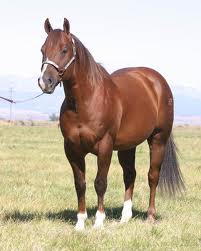
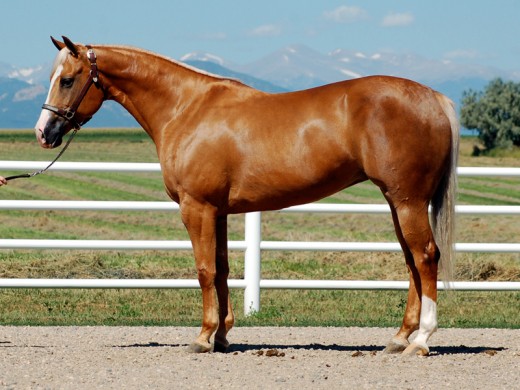
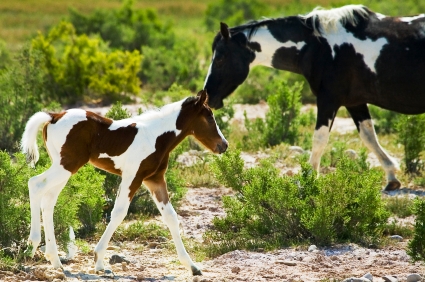
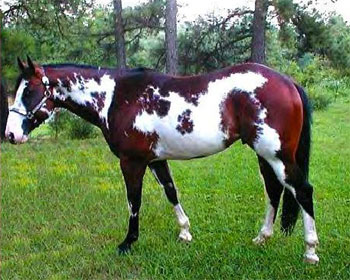
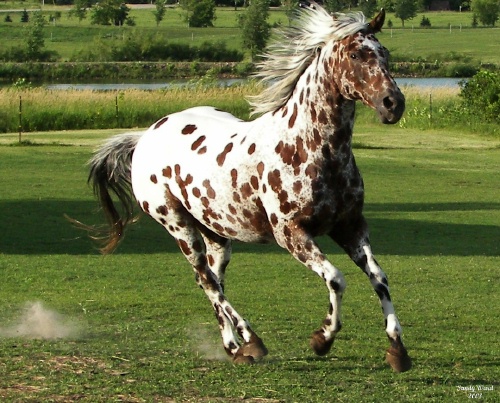
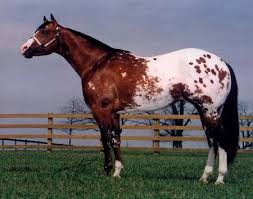
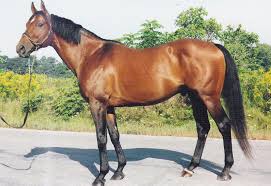
A Picture Is Worth A Thousand Words!
Here are some pictures to give you a little bit better of an idea what the breeds look like.
What Is Your Favorite Breed Of Horse?
After reading about so of the different horse breeds which one is your favorite?
How Do I Find My Dream Horse?
That's a great question. Horses are not hard at all to come by if you know just a little about the horse world. That being said I also have a HUGE warning label to go along with that. A horse is easy to find, a GOOD horse can seem impossible to find. Just don't give up hope because it's not impossible you just have to have a little insight on how to do it!
First thing is first you should have ready my page down to this point and realize you have a lot to think about before you even start this part of the process. Once you are ready to start your search for your first horse you need to figure out if you have the experience to embark on the adventure alone. If you are new to the horse world I strongly suggest consulting a local professional horse trainer to help you. If you feel you can do this (or at least try to do this) on your own then keep reading for the step by step.
Finding The Horse...
Check any local feed/farm stores for posted adds.
Check websites that offer local adds such as craigslist
There are some sites devoted to horse adds such as Equinenow.com, Dreamhorse.com and Horsetopia.com
Beware of sale barns (A.k.a. Auction barns) Here you will find a wide selection of horses at what seems to be a very good price. Have you ever heard the saying you get what you pay for? This is a good example of this. At an auction you tend to only get very low quality horses with very limited training. Another risk you run when you buy a horse at an auction is bringing home a sick or injured horse. Even if they appear healthy they could be drugged.
Signs Of A Healthy Horse
- Bright Eyes
- Alert
- Soft, Shinny Coat
- Solid, Well Trimmed Hooves
- Moves Well No Liping
- Bright Pink Gums
Sings Of A Sick Horse
- Low Hanging Head
- Dull Eyes
- White Gums
- Dry, Cracking Feet
- Dull Coat
- Underweight
- Any Signs Of Pain When Trotting
I've Found The Horse Now What??
So you have found a horse or two that looks like they may fit the bill of your perfect horse. The next step is to contact the owner and set up a time to come see the horse. NEVER buy a horse online and have it shipped to you. If you can't get out to see the horse for yourself DON'T buy it.
Here is what you need to know about doing the first visit. If you would like to ride the horse make sure you bring your own tack. The owner/trainer of the horse should have the bridle and bit the horse is most used to for you to ride in, but just to be on the safe side bring a basic bridle with a snaffle bit on it. When you are looking at the horse for the first time you don't have to ride it. What you need to do is just interact with the horse a bit. If there is a place to work the horse as in an arena or round pen it is a very good idea to do so. You want to look for signs or lameness or any other issues. This is your chance to ask any and every question you can think of. No question is a stupid question. Ask about the training,any health problems,show history, travel history, ask ask ask!
After you have had some time to interact with the horse and look them over, it's time to decide if this is still looking like the horse for you. Here are some questions to ask yourself.
Is this horse a good fit for my experience level?
Does this horse have the training and overall good health you expected?
Is this horse going to fit my current wants/needs and my future goals?
Once you find a horse that you just know is the horse for you. A horse that is going to fit all of your current and future needs this process is just about over. The last biggest decision you need to make before the deal is final and money changes hands is do you want to get a vet check or not. It is my opinion that a vet check is never a bad thing. It is an extra expense on you the buyer but it could save you thousands in the future if the horse has something wrong with them you can't see. Maybe it's a case of an owner/trainer lying to you about an underlying problem or it could be a case of the owner/trainer honestly did not know there was anything wrong. If a seller ever refuses to let you have a vet check with the vet of YOUR choice that is a red flag that you should walk away. There is no cost to the seller and there is never any harm done to their horse in the vet check they have no reason to deny you of this unless they are hiding something. If you choose to get a vet check choose a trustworthy local vet to do the exam. You obviously need to check with the owner and see what they want to do. Either you pay to have the vet come to the farm or the owner/trainer may be willing to haul the horse to the vet for a hauling cost for you. Unless there is need for a blood test you will have the vets report back right away.
Once you get good results back from the vet check (if you choose a vet check) you are ready to make the purchases.
Somethings to make sure you receive and know about the horse before taking them home.
- What food the horse has been on
- Has the horse been on grass, hay, or both and if hay what type
- Make sure you have records showing the last time they were given worrmer and what type was used
- You should receive records showing the last vaccines the horse got and when.
- It is illegal to take that horse from the property without a valid coggins dated within 1 year of the current date.
- If you are taking the horse across state lines check local laws some require you to have a health certificate dated within 10-30 days.
Congratulation You Are Now A Horse Owner!

